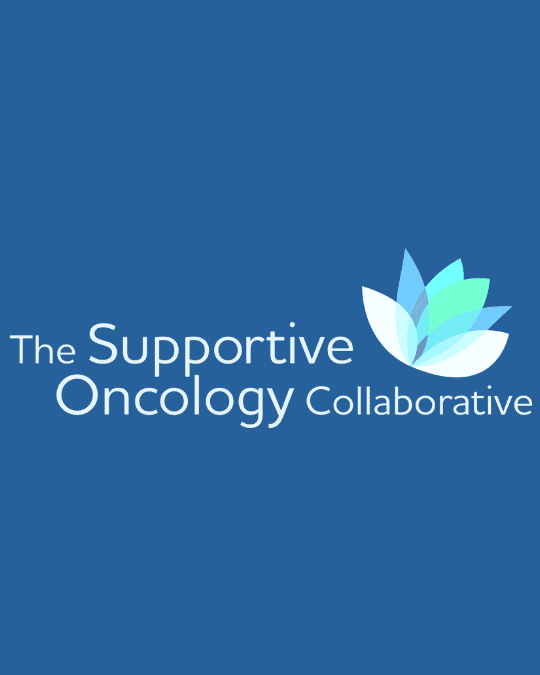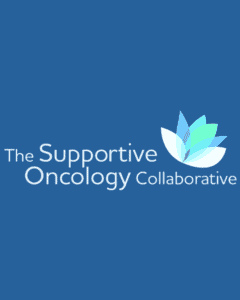The Coleman Supportive Oncology Collaboration Finds a New Home With Equal Hope

For decades, The Coleman Foundation has funded cancer research, treatment and care. Our deep and diverse work in this field with hospitals and community support centers afforded us a unique position from where we learned the common concerns shared by organizations across the region as they strove to provide the best possible care for their patients. Through our partnership with cancer support organizations, we also learned about the challenges that accompany a cancer diagnosis and the struggles patients face following treatment and beyond hospital care.
Our Vision
About ten years ago, the Foundation articulated our vision that “Cancer patients in the Chicago area would be empowered to engage in treatment and achieve the best possible outcomes and quality of life.” We began to explore how we could help patients and families cope with the non-medical aspects of cancer and the impact on quality of life post diagnosis and treatment. These non-medical interventions are collectively referred to as “supportive oncology,” and include psychological, social, emotional support, counseling, nutrition, and other influencers of health.
While our aim was that hospitals, which were not yet offering supportive oncology services, would connect patients with cancer community providers, refer them to supportive services, or begin offering those services at their sites, we found a scarcity of these services available. In addition, we discovered the lack of connection between supportive services and cancer care providers, and minimal evidence-based research making the case for insurance payers to cover the cost of supportive oncology.
 A National Report Creates Momentum
A National Report Creates Momentum
Our cancer care vision was bolstered in 2013 when the Institute of Medicine (IOM) published the report Delivering High-Quality Cancer Care: Charting a New Course for a System in Crisis. The IOM report heightened attention on the U.S. cancer care crisis and the role of supportive oncology. We were excited to learn of a national focus putting forth a strategic approach to delivering comprehensive, patient-centered, evidence-based, high-quality care that would be accessible and affordable to all patients.
Bringing Chicago Area Cancer Providers Together
In June 2014, the Foundation convened over 80 providers from various institutions to examine the landscape of supportive oncology services in the Chicagoland area. As a result, The Coleman Supportive Oncology Collaborative was formed consisting of 130 health professionals from academic, community and safety-net hospitals, community oncology centers, palliative and hospice organizations, and patient advocacy groups. Together they created clinician training modules, patient screening tools, a directory of resources and more. The work of the Collaborative fostered inspiration – rather than competition – with design team members challenging approaches to supportive care in productive ways.
Sofia Garcia at Northwestern University says “These collaborations over the years have been rewarding. It has been great to see the Collaborative grow. Thank you to the Coleman Foundation. Kudos to the Center for Business Models in Healthcare. Look forward to learning more about the next chapter of this work.”
A key Foundation objective in forming the Collaborative was to break down barriers between institutions so that cancer patients would receive the same level of attention regardless of where they accessed care or at what stage they were diagnosed. For example, after Dr. Mary Pasquinelli from UI Health met with the staff of the Wellness House and observed the services that the cancer center provided, the two organizations partnered to embed supportive oncology programming at the UI Health Mile Square site on Chicago’s west side. This inspiring collaboration encouraged us that the Foundation was on the right path.
To help actualize Coleman’s vision for supportive oncology, we partnered with the Center for Business Models in Healthcare who designed process improvements that could be utilized internally in the clinic, within the institution, across Chicagoland, and beyond. Their leadership fostered support for practitioners, sharing resources, practices, and strategies to increase positive outcomes for patients and created a national model.
The Supportive Oncology Collaborative Resources are moving!
While the Foundation is proud of the accomplishments of the Supportive Oncology Collaborative, our aim in supporting this initiative was to improve delivery of supportive oncology, make services accessible, and eventually identify another entity to fund, steward and sustain the Collaborative’s work. We are thrilled that this work will continue under the auspices of our mission-aligned partners at Equal Hope.
We are pleased to announce that all the resources developed by the Supportive Oncology Collaborative have moved to Equal Hope. Resources include tools and training videos for providers, as well as information on self-management of cancer treatment symptoms and side effects for patients and caregivers. The resources can be found on Equal Hope’s website at www.equalhope.org/focus-areas/supportive-oncology.
Upon learning of the partnership between The Coleman Foundation and Equal Hope, Mary Pasquinelli says “This is great! I am going to have all our cancer navigators go to this site for more supportive care education. Thank you!”




